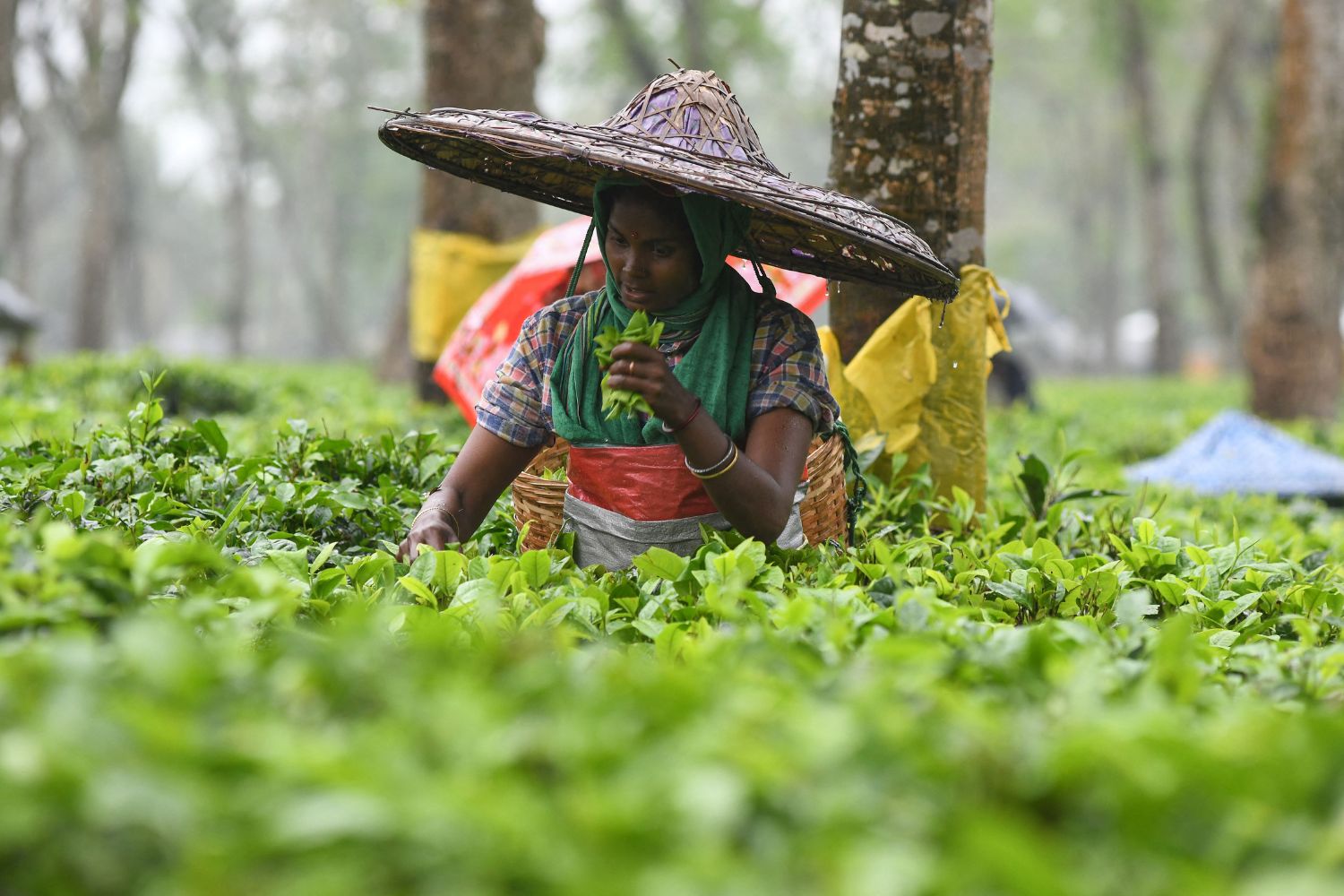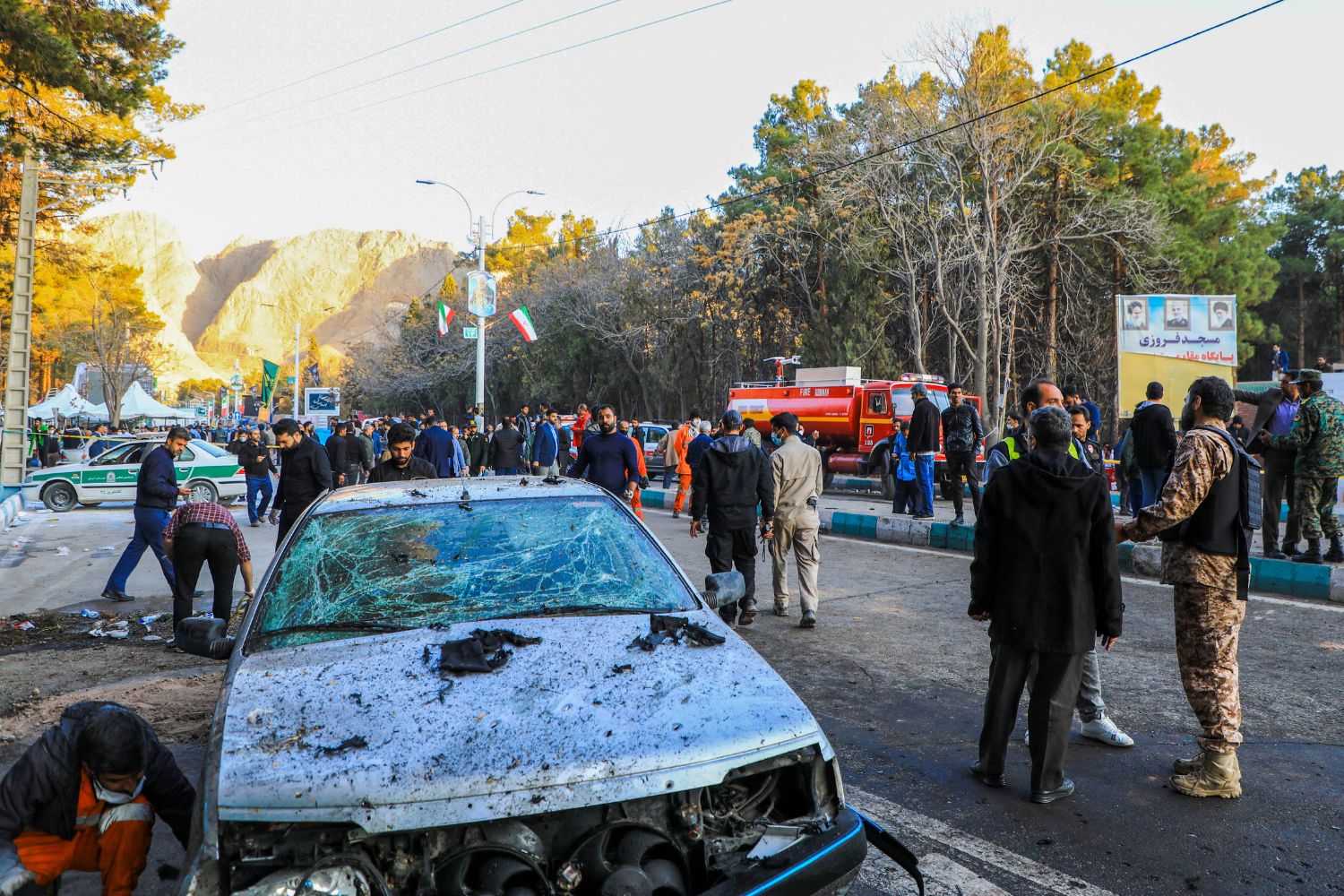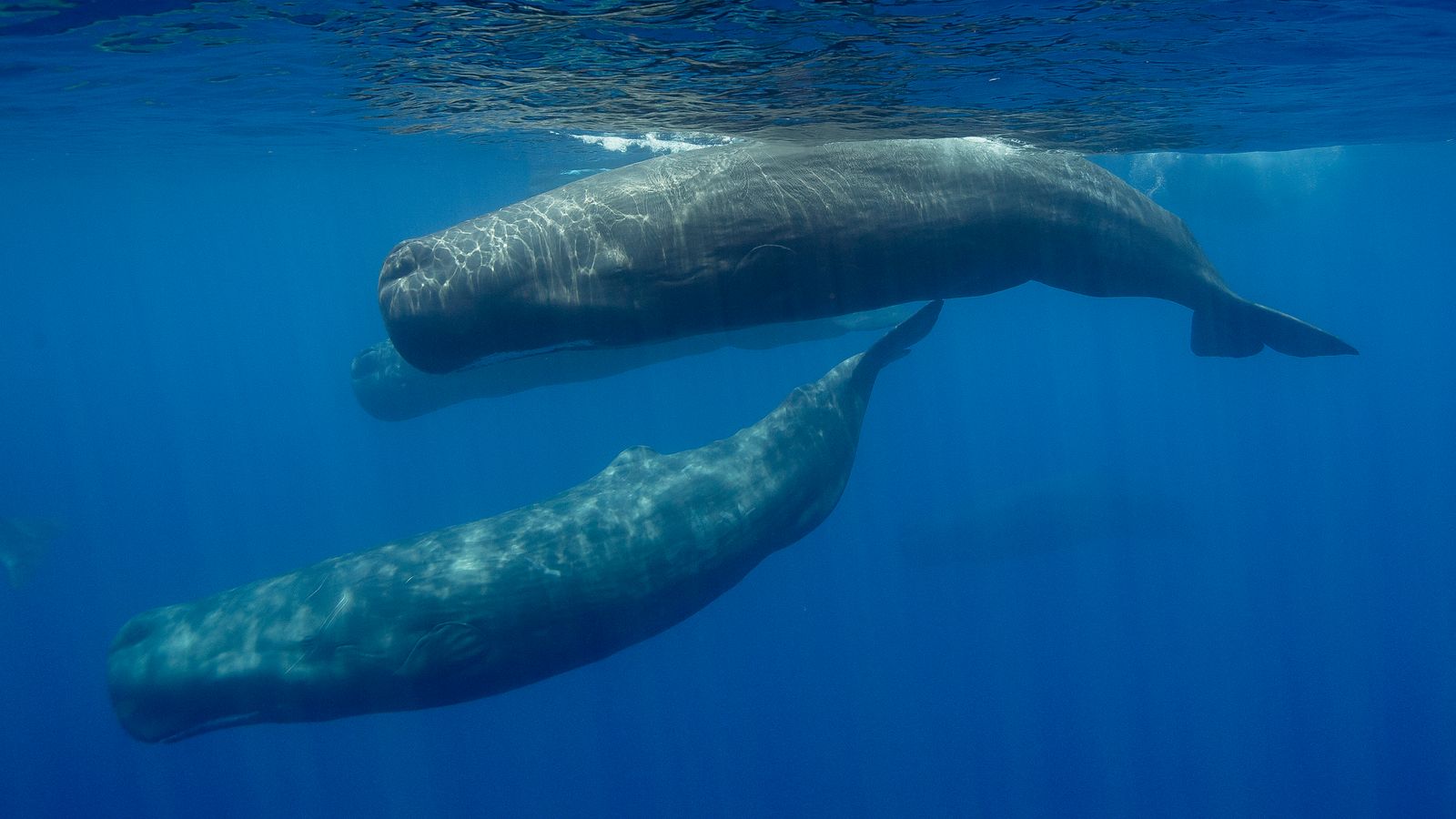The planet is on fire, but almost all the firefighters have deserted. At the meeting of the United Nations General Assembly, which began on September 19 in New York, the leaders of four of the five permanent members of the Security Council – the UN’s most powerful executive body – were absent.
The absence of the top representatives of France, the United Kingdom, Russia and China, replaced by ministers or diplomats, demonstrated the emptying of the main global multilateral forum and highlighted the speeches of the two presidents who opened the General Assembly: Brazil’s Luiz Inácio Lula da Silva and the US’s Joe Biden.
Both leaders, with decades of experience, referred bluntly to fires that are ravaging the planet – starting with the climate emergency and the war in Ukraine. And both, albeit in very different tones, pointed the finger at the central issue hanging over the meeting, which the absentees made clear: the crisis of the UN and the multilateral system that has been built around it in recent decades.
The UN was created in 1945, on the initiative of the United States and with the support of the allied countries that had defeated Nazism and fascism (primarily the Soviet Union, Great Britain and France) with the aim of “preserving future generations from the scourge of war”.

A year earlier, in 1944, the Bretton Woods Agreements had laid the foundations for the post-war global financial system, and created the World Bank and the International Monetary Fund. Over the years, dozens of agencies, funds and specialised programmes have been added, gradually building up what is known as the UN System.
Practically every country in the world is a member of the UN and the organisation deals with countless issues, ranging from protecting life in the oceans to coordinating satellite orbits, humanitarian aid operations, vaccination campaigns, agreements to limit climate change and, more recently, attempts to create regulations against disinformation on social networks and to combat tax avoidance by large international corporations.
Also read: BRICS leaders punt collaboration as a fix for employment woes
An imperfect system, but one that worked
The system, as Biden pointed out in his speech, “is not always perfect and has not always been perfect”, but with its ups and downs, it worked reasonably well for seven decades. During the Cold War, the UN was a crucial channel of communication that contributed to avoiding nuclear conflict. After it, the UN’s remit expanded further: for example, with the multiplication of peacekeeping operations.
Despite the genocide in Rwanda, the civil war in the former Yugoslavia and the invasion of Iraq in 2003, in those two decades the number of armed conflicts (between countries and within countries) steadily declined, as did the number of victims. The curve reversed in 2012, when the civil war in Syria worsened, and since then it has continued to rise year on year. According to the Conflict Data Programme at Uppsala University, 184 different conflicts were recorded in 2022, including the war in Ukraine, with more than 238,000 victims in total, compared to an average of 120 conflicts and 30,000 victims per year between 2001 and 2012.
The UN’s inability to respond appropriately to the war in Ukraine is more an indicator than a trigger of the crisis of multilateralism. Russia has brought the war of aggression, of territorial annexation, back as a tool of foreign policy. But the same Western powers with permanent seats on the Security Council that are rightly criticising the Russian invasion today have resorted to the unilateral use of military force in recent decades, contrary to the UN Charter and international law.
What we usually call multilateralism is the way in which the international system adopts a grammar of principles and norms that, in theory, should be followed by all states. It is a process of institutionalising forms of coordination and cooperation in public policy that generates a certain stability and predictability in relations between states and societies.
In the way the UN works, there is an element of equality in the treatment of states (all 193 member countries have the right to vote and voice in the General Assembly), but there are also obvious asymmetries of power, such as the special status of the five permanent members of the Security Council. The so-called P5 have kept their veto power unchanged since 1945 and often ignore the rules they are supposed to enforce – a historical incongruity that Lula rightly attacked again in his speech in New York.
Global governance
Even so, this grammar organises a large part of global governance mechanisms, which increase international dialogue and cooperation, and decrease the propensity to use force as the main instrument for settling disputes.
The UN system is based on the idea that power relations between states should not be the only element that determines the shape of international relations. In fact, as recently as 2015, the multilateral system reached a consensus to adopt two global agreements of great importance and impact: the Paris Agreement for the reduction of greenhouse gases, responsible for the climate emergency, and the Agenda 2030 for sustainable development.
From then on, the multilateral system was able to do little more than try to manage a growing number of humanitarian emergencies. In June 2023, the UN Office for the Coordination of Humanitarian Assistance (OCHA) estimated that there were 362 million people around the world in need of international aid to meet their basic survival needs.
A crisis of legitimacy and authority
During the COVID-19 pandemic, the World Health Organisation, under heavy fire from the administration of then US President Donald Trump, was virtually ignored by the richest countries in its attempt to ensure equitable distribution of vaccines. The conflicts in Syria, Yemen and Israel/Palestine drag on, with no solution in sight. Efforts to strengthen the UN’s capacity for preventive diplomacy, promised by Secretary-General António Guterres, have backfired, and the organisation has been unable to do anything to prevent the invasion of Ukraine or to facilitate a ceasefire. The system has apparently ground to a halt.
It continues to shape a large part of international interaction, but today there are two key areas of resistance to it: the emergence of countries in the Global South willing to reinterpret the hegemony of the liberal order, and the growth of a transnationally articulated radical right.
In the international debate, there is much more attention paid to the first question than the second. However, as the experience of the Trump and Bolsonaro governments has shown, the radical right’s sovereigntist vision is at odds with the essence of multilateralism, which requires agreed transfers of national sovereignty in favour of common goals, such as the fight against climate change. It’s no coincidence that the Spanish radical right party Vox has been running a campaign against the 2030 Agenda for years, which has been expanding throughout Latin America. Even so, the entire UN bureaucracy, from Secretary-General Guterres onwards, is reluctant to engage in open conflict with the radical right.
A strategic problem
For Brazil, and Latin America in general, the crisis of the multilateral system is a strategic problem. The region has an old multilateralist tradition, in which conflicts between states have been resolved by diplomatic means and not by arms. A dozen countries from the region took part in the creation of the League of Nations in 1920, and 20 were among the 51 founding nations of the UN. To this day, the multilateral space represents the only international arena in which the region has any influence, since from an economic and military point of view Latin America’s weight is extremely limited: the region is home to 8% of the world’s population, but in 2022 it accounted for only 5.26% of global GDP.
At the same time, the collective influence of the so-called Global South is increasing. In the weeks leading up to the UN General Assembly, the leaders of developing nations met at the BRICS summits in South Africa, the G20 in India and the G77+China in Cuba.
For Brazil and the other countries of the Global South, the challenge is to maintain political independence and action, seeking to defend the interests of their populations, without taking sides in the dispute over the new global hegemony between China and the United States. It’s the concept of active non-alignment.
Concluding his speech in New York, Lula recalled that “the UN needs to fulfil its role as a builder of a more just, supportive and fraternal world. But it will only do so if its members have the courage to proclaim their indignation at inequality and work tirelessly to overcome it”.
Brazil and the Global South must endeavour to reform the multilateral system, such as the unsustainable composition of the Security Council, while respecting all its norms – especially with regard to the UN Charter and all human rights protection mechanisms, including the International Criminal Court. Only in this way will it be possible to reaffirm the legitimacy of multilateralism, reduce global power asymmetries and try to put out the fires that threaten our planet.
This is an edited version of the original article
Monica Herz, Full Professor, Institute of International Relations (PUC-Rio), Associate Dean for Research of the Social Science Center (PUC-Rio), Senior Researcher, BRICS Policy Center, Pontifícia Universidade Católica do Rio de Janeiro (PUC-Rio) and Giancarlo Summa, Co-fundador com Mônica Herz do projeto MUDRAL (Multilateralismo e Direita Radical na América Latina), Pesquisador no Centre d’Études Sociologiques et Politiques Raymond Aron (CESPRA), École des Hautes Études en Sciences Sociales (EHESS)
This article is republished from The Conversation under a Creative Commons license. Read the original article.













